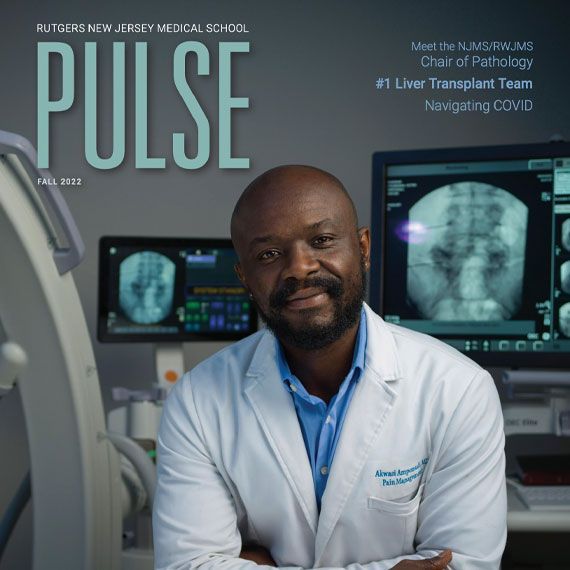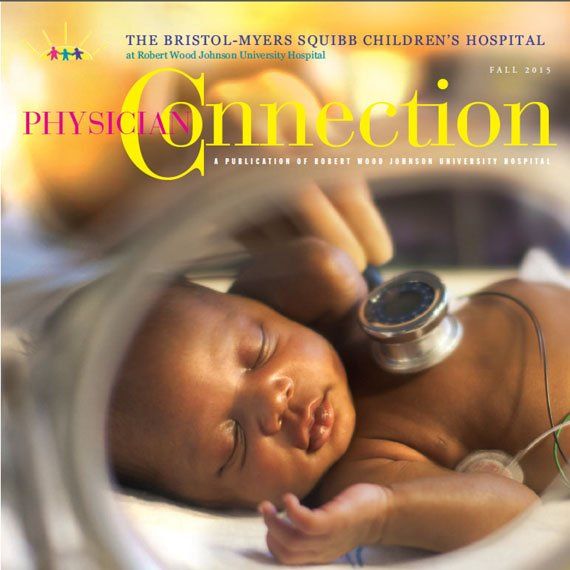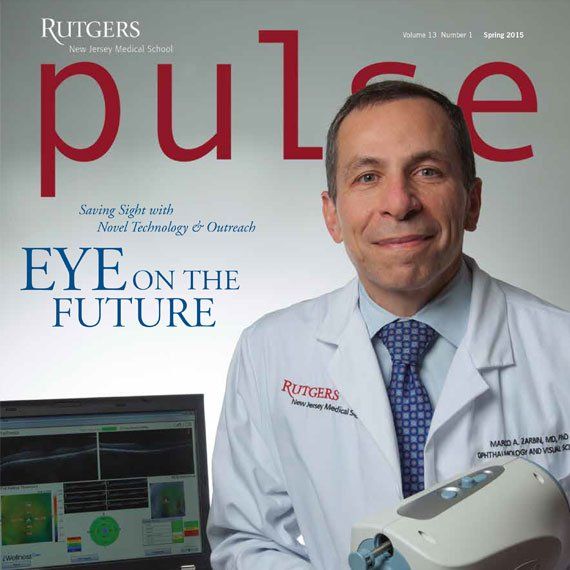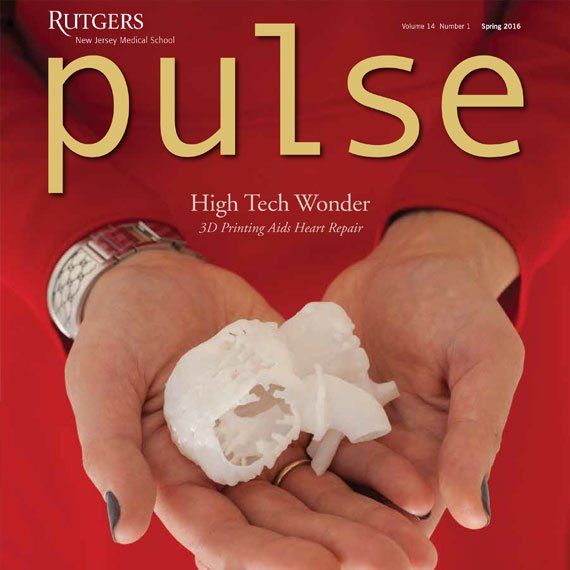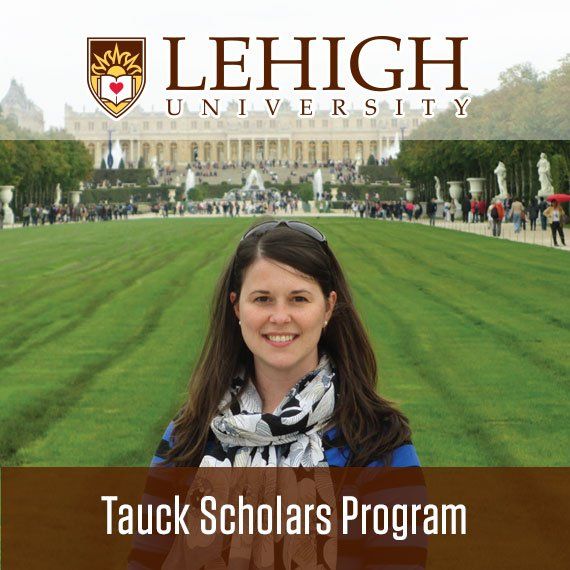Baby Talk? Hardly!
I am surrounded by the miracle of early language. The other day, I had a wondrous conversation with 3-year-old Finn about the qualities of imaginary stickiness. He was wearing a new super-hero cape and un-sticking himself so he could fly off to a rescue. Earlier, Charlotte, who is 18 months old, had spoken very seriously about her ba-bee, flexing her vowel and consonant muscles. The next day, 3-month-old Evangeline discovered the dangling mobile and responded with 20 minutes of sweet interaction …going way beyond the simple coo.
Baby talk is not just for babies. In “Early Language Learning and Literacy: Neuroscience Implications for Education” published in Mind Brain Education , Patricia Kuhl (University of Washington’s Institute for Learning and Brain Science) explains, “The data indicate that the opportunity to learn from complex stimuli and events are vital early in life, and that success in school begins in infancy.” Yes, infancy!
From this wonderful review article published in 2012, I was astonished to discover that phonetic, lexical and syntactic language skills are being cemented before the first birthday. This is stunning when you consider the fact that babies must figure out 40-some phonemic categories using neural architecture and circuitry far superior to what you find in an adult brain. Did you know that there are 600 consonants and 200 vowels in all the world’s languages? At my grandmotherly age, I would certainly require years of tutoring but babies start hearing the differences by 4 months.
“Motherese” – that linguistically simplified and acoustically exaggerated speech adults use when speaking to infants – is brilliantly better than any machine in the world when it comes to teaching language. The presence of a real human being, not a face on an iPad or TV, is key, Kuhl reports. A 9 month old needs only five hours of listening time to learn a new language…but only when it happens in a social context. Kuhl says that this social interaction “opens plasticity for language learning.” A baby’s “ability to track eye movement, to achieve joint visual attention and understand others’ communicative intentions”…opens the language “gate.”












